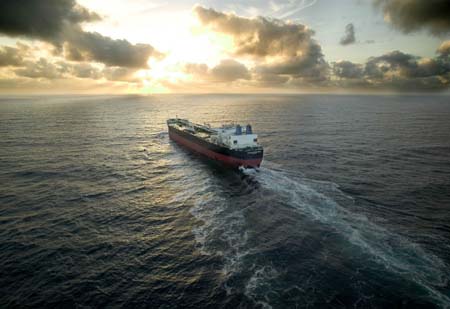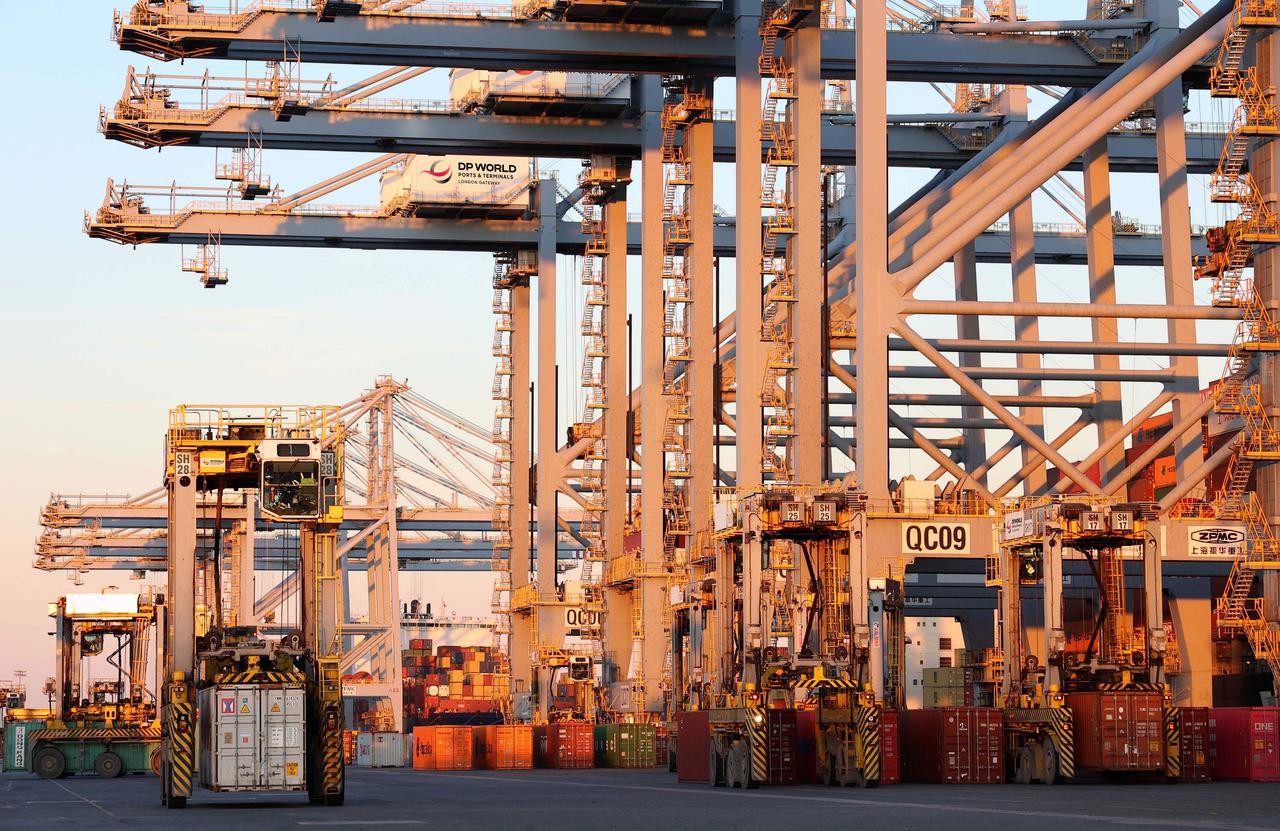 By Claire Milhench
By Claire Milhench
LONDON (Reuters) – A trade deal between the European Union and Singapore is unlikely to affect North Sea crude oil shipments to Asia, given that EU crude exports to Singapore already incur no taxes.
The European Union and Singapore are seeking approval for a free trade agreement (FTA) from their political authorities and envisage initialling the draft agreement in spring 2013, the European Commission said.
An existing FTA between the European Union and South Korea, in operation since July 2011, created a profitable arbitrage for North Sea traders but has also driven up prices.
Forties – the North Sea crude most often sent to South Korea – is one of the four crudes that make up the Brent oil benchmark.
Traders send about two VLCCs of Forties to South Korea every month, reducing the amount available to European refiners. This pushes up the crude’s differential to dated Brent as well as prices in the wider Brent market.
But a free trade deal with Singapore is unlikely to have the same effect, because EU crude exports to the Asian trading hub are already zero-rated for taxation purposes.
“The difference with South Korea is that it imposes duties on other crude imports, so for a South Korean buyer it makes a big difference if it doesn’t have to pay duty on crude imports from the EU,” said David Wech, an oil analyst at JBC Energy.
“If the refiner buys Middle Eastern or North African crude, it has to pay 3 percent extra and that’s a lot of money.”
Singapore tends to source its crude from close neighbours Indonesia and Brunei, said Mangesh Hirve, a director at research firm Derrick Petroleum. This works out a lot cheaper than freighting crude all the way from the North Sea. “I don’t think it would work as an arbitrage,” he said.
North Sea traders agreed that as the existing zero tax rating has so far generated few crude exports to Singapore, an FTA would make little difference.
One trader also suggested that legislators would make sure the agreement was structured in such a way that it would definitely not trigger more Forties outflows to Asia.
“It was an unforeseen side effect of the South Korean FTA; they won’t make that mistake again,” he said. “Because of (the existing zero tariff), it won’t need any special clauses, but they will check to ensure it does not lead to further distortion of the oil markets.”
JET AND DIESEL FLOWS
On the flip side, Europe is unlikely to see a major increase in imports of jet and diesel from Singapore. Although import taxes are nominally set at 4.7 percent for jet fuel and 3.5 percent for diesel, most imports do not incur these charges.
Jet fuel imports are zero-rated if they have an air-worthiness certificate, which means suitable for use in planes. “If it is EU-qualified, no tax is due and most barrels brought this way are therefore certified,” one jet fuel broker said.
Diesel is also zero-rated if it has a sulphur content of less than 2,000 ppm. As the EU uses diesel with a sulphur content of 10 ppm, diesel imports tend to meet this requirement.
“If it came in above that, it would probably be defined as a refining feedstock,” Wech said.
“But the point is that such duties aren’t paid as it is such a narrow-margin business that 3 or 4 percent is a lot of money. That would kill any arbitrage opportunity.”
In 2011, the European Union imported oil and oil products from Singapore to the value of 1.2 billion euros ($1.6 billion). This ranked Singapore 29th in terms of EU trading partners for this segment. ($1 = 0.7427 euros) (Reporting by Claire Milhench; additional reporting by Jessica Jaganathan)
(c) 2013 Thomson Reuters, Click For Restrictions

 Join The Club
Join The Club











